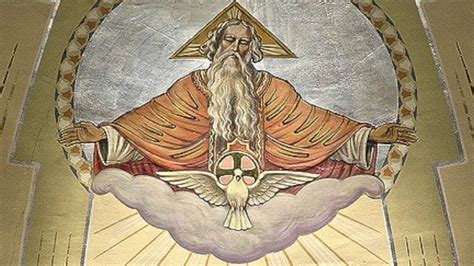As we approach the end of the Church’s liturgical year, the gospel of Mark presents three great models of total self giving, wholehearted giving and undivided love. The gospel highlights total surrender and trust in Divine Providence. God provides and is never outdone in generosity. The first model is the widow of Zarephath who is a pagan woman. Widows in the Bible are vulnerable and marginalized members in a patriarchal society. She encountered the prophet Elijah during the time of drought. The prophet asked for water and a bit of bread. She said that she is preparing the last meal for her and her son and that after they have eaten it, they will die (1 Kings 17:10-16). Elijah assured that her jar of flour will not go empty and the jug of oil will not run dry. She believed in the words of the prophet. His words were fulfilled. This is a story of God’s providence. He intervenes because He is the source of endless supply of food. The second model is the widow in the gospel of Mark 12:38- 44. She is also willing to give all, her whole livelihood, withholding nothing to God. She shows a daring act of trust in God’s providence. She shows sincere faith and sacrifice. Jesus measures the gift of the widow not based on the amount that she gave but, on the amount, that she kept back. And that is nothing. She points to God who withholds nothing to us even His only Begotten Son to lead us to the goodness He desires for us. The third model is Jesus who is the perfect image of God’s love. He gave all and loved to the end revealing God’s extravagant love on the Cross. St. Augustine said that the measure of love is to love without measure. Jesus said that no one has greater love than this, to lay down one’s life for his friends (John 15:13). His self-sacrificial actions on the Cross reveal His total self-giving love for our salvation. Redemption and salvation are affected by God and God alone. The two widows and Jesus remind us that our being increases in the measure that we give it away. God’s grace flows through us and must continue to flow into the world.
DIVINE PROVIDENCE
